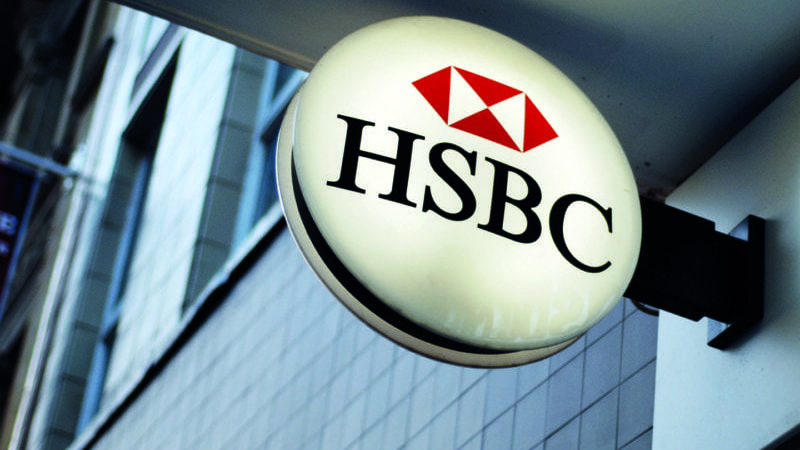The three key divisions, central to the bank’s core ‘pivot to Asia’ strategy, gained from a positive interest rate environment and the benefits of past investments to grow lending and deposit balances, the firm said in its interim report on Monday.
Adjusted revenue growth was also underpinned by higher retail deposit balances and strong wealth management product sales in Hong Kong and a rise in the bank’s share of the UK mortgage market.
Laith Khalaf, senior analyst at Hargreaves Lansdown explained that one of HSBC’s strategic goals is to grow its asset management business in Asia, helping to diversify income streams and boost cross-selling potential among its customers.
Likewise, Russ Mould, investment director at AJ Bell, added that the bank is looking to grow these divisions as part of its core ‘pivot to Asia’.
He said: “Growing in the UK will not be as easy, although it is not impossible. The market is more mature (as consumers and corporates alike simply have more debt than they do in Asia), the banking market is highly competitive (given the presence of the Big Five but also the challenger banks) and regulation is pretty tight.”
Wealth management growth key
However, Mould said that HSBC is not alone in wanting to grow its wealth management business.
“UBS And Credit Suisse are both looking to grow their operations in this area and Standard Chartered unveiled a new digital platform in 2017, although in Standard Chartered’s case it has refined its strategy by raising the minimum thresholds for customer investable assets, a policy also in evidence at JP Morgan in 2016.
“By targeting ultra-high net worth individuals, the theory is the cost of due diligence is lower and provide higher margin, more tailored service.”
Khalaf added: “Lloyds is also involved in a similar land grab in the UK, seeking to add 1 million new pension customers by 2020, which one suspects will be mainly driven by Scottish Widows’ workplace pension business.
“While the banks may be seeking to leverage their distribution networks to boost their wealth management operations, as investors become more discerning they also need to pay attention to their fund performance, which in the UK has historically been very lacklustre.”
Profits up
Despite escalating trade tensions between the US and China, HSBC saw pre-tax profit grow 4.6% to $10.7bn (£8.2bn) from $10.2bn (£7.9bn) in the first half of the year, driven by the strong performance in Asia.
However, adjusted pre-tax profits fell 2% from $12.4bn (£9.6bn) to $12.1bn (£9.3 billion), which the bank put down to hiring more front-line staff and expanding its digital capabilities.
Operating expenses were also 7% higher at $17.5bn (£13.5bn).
The bank reported revenue of $27.3bn (£21bn) for the six months to June, up 4% from the same period last year.
Appointment
Alongside the bank’s interim report, HSBC put out a separate announcement stating Jonathan Symonds has been appointed as deputy group chairman, effective from today.
Symonds will stand down as chairman of its subsidiary, HSBC Bank plc, but will continue as the senior independent director, chairman of the group audit committee and a member of the group risk and the nomination and corporate governance committees of HSBC Holdings plc.









